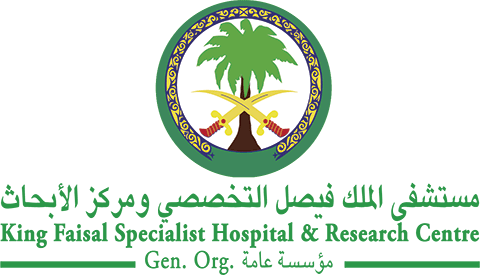Abstract
Numerous studies have been published regarding outcomes of cancer patients infected with the severe acute respiratory syndrome coronavirus 2 (SARS-CoV-2) virus causing the coronavirus disease 2019 (COVID-19) infection. However, most of these are single-center studies with a limited number of patients. To better assess the outcomes of this new infection in this subgroup of susceptible patients, we performed a systematic review and meta-analysis to evaluate the impact of COVID-19 infection on cancer patients. We performed a literature search using PubMed, Web of Science, and Scopus for studies that reported the risk of infection and complications of COVID-19 in cancer patients and retrieved 22 studies (1018 cancer patients). The analysis showed that the frequency of cancer among patients with confirmed COVID 19 was 2.1% (95% confidence interval [CI]: 1.3-3) in the overall cohort. These patients had a mortality of 21.1% (95% CI: 14.7-27.6), severe/critical disease rate of 45.4% (95% CI: 37.4-53.3), intensive care unit (ICU) admission rate of 14.5% (95% CI: 8.5-20.4), and mechanical ventilation rate of 11.7% (95% CI: 5.5-18). The double-arm analysis showed that cancer patients had a higher risk of mortality (odds ratio [OR] ¼ 3.23, 95% CI: 1.71-6.13), severe/critical disease (OR ¼ 3.91, 95% CI: 2.70-5.67), ICU admission (OR ¼ 3.10, 95% CI: 1.85-5.17), and mechanical ventilation (OR ¼ 4.86, 95% CI: 1.27-18.65) than non-cancer patients. Furthermore, cancer patients had significantly lower platelet levels and higher D-dimer levels, C-reactive protein levels, and prothrombin time. In conclusion, these results indicate that cancer patients are at a higher risk of COVID-19 infection-related complications. Therefore, cancer patients need diligent preventive care measures and aggressive surveillance for earlier detection of COVID-19 infection.
Recommended Citation
ElGohary, Ghada M.; Hashmi, Shahrukh; Styczynski, Jan; Kharfan-Dabaja, Mohamed A.; Alblooshi, Rehab M.; de la Camara, Rafael; Mohmed, Sherif; Alshaibani, Alfadel; Cesaro, Simone; Abd El-Aziz, Nashwa; Almaghrabi, Reem; Gergis, Usama; Majhail, Navneet S.; Chemaly, Roy F.; Aljurf, Mahmoud; and El Fakih, Riad
(2022)
"The Risk and Prognosis of COVID-19 Infection in Cancer Patients: A Systematic Review and Meta-analysis,"
Hematology/Oncology and Stem Cell Therapy: Vol. 15
:
Iss.
2
, Article 7.
Available at: https://doi.org/10.1016/j.hemonc.2020.07.005
Creative Commons License

This work is licensed under a Creative Commons Attribution-Noncommercial-No Derivative Works 4.0 License.
Included in
Cancer Biology Commons, Hematology Commons, Oncology Commons

